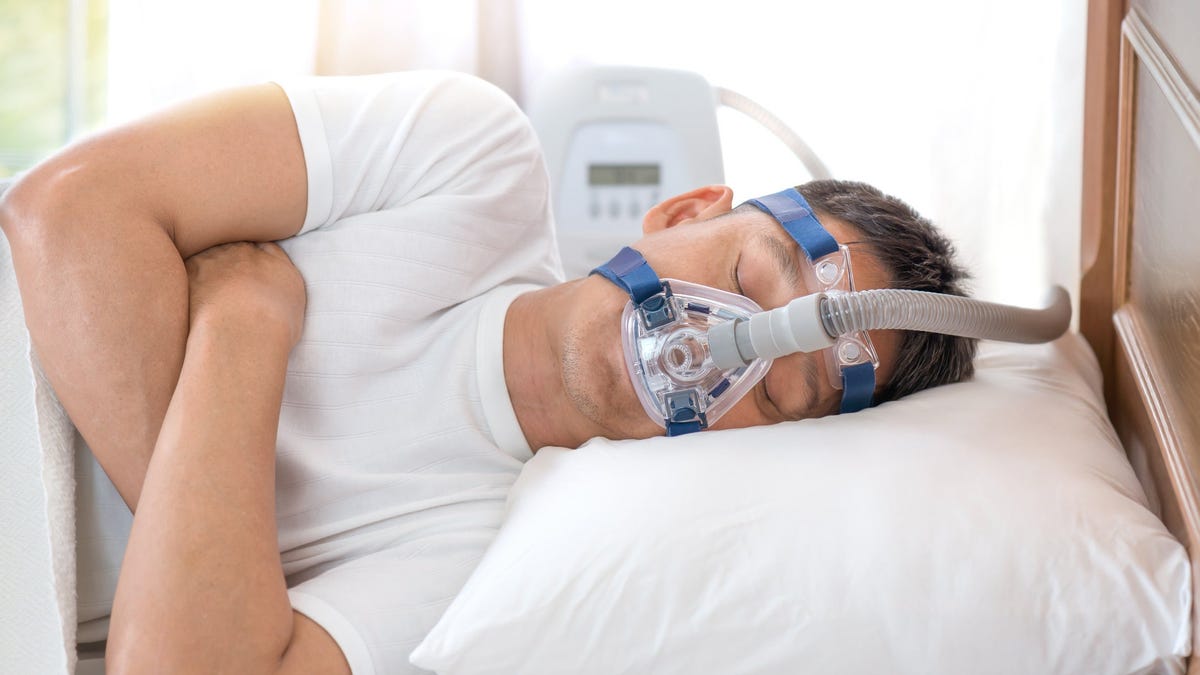INTERNET MARKETING NEWS
Philips recalls sleep apnea machines, ventilators over cancer risk
Novavax says vaccine is effective against COVID-19Novavax says its vaccine appears effective against COVID-19 in a large study, including against variants (June 14)APMedical device maker Philips is recalling sleep apnea machines and ventilators containing foam that could put users at risk of cancer or other health issues.The Dutch company announced a U.S. recall for millions of units of the Philips Bi-Level Positive Airway Pressure (Bi-Level PAP), Continuous Positive Airway Pressure (CPAP), and mechanical ventilator devices. Most of them are DreamStation products.The defect is related to the polyester-based polyurethane (PE-PUR) sound abatement foam in the devices. The foam can degrade and cause harmful effects when cleaned in the wrong way or when exposed to high heat and humidity. Philips said there have been no reports of deaths, but it acknowledged the potential risks of particulate exposure include “headache, irritation, inflammation, respiratory issues and possible toxic and carcinogenic effects.”Average age of vehicles hits high: Cars, trucks, SUVs getting older as used car prices soarNew survey results: Nearly two-thirds of millennials have homebuyer regretsIt also noted: “The potential risks of chemical exposure due to off-gassing include headache, irritation, hypersensitivity, nausea/vomiting, and possible toxic and carcinogenic effects. Philips has received no reports regarding patient impact related to chemical emissions.”The company said it will replace the current sound-abatement foam with a new material.“We deeply regret any concern and inconvenience that patients using the affected devices will experience because of the proactive measures we are announcing today to ensure patient safety,” Philips CEO Frans van Houten said Monday in a statement.“In consultation with the relevant regulatory agencies and in close collaboration with our customers and partners, we are working hard towards a resolution, which includes the deployment of the updated instructions for use and a comprehensive repair and replacement program for the affected devices.”Patients are advised to consult with their doctors about whether to adjust their treatment plans. In some cases, the benefits of continuing to use the devices “may outweigh the risks,” Philips said.You can follow USA TODAY reporter Nathan Bomey on Twitter @NathanBomey and subscribe to our free Daily Money newsletter here for personal finance tips and business news every Monday through Friday morning.
Source link













